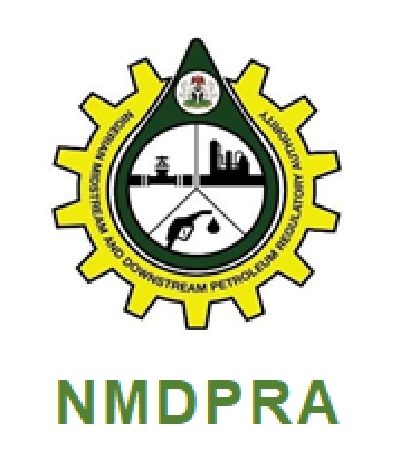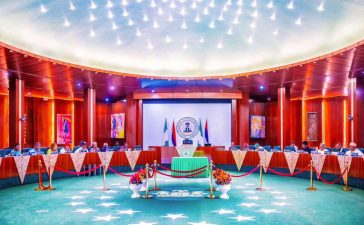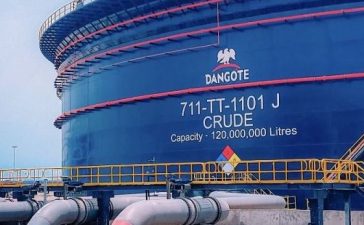The Nigerian Midstream and Downstream Petroleum Regulatory Authority (NMDPRA) has issued a stern warning to refineries, depot owners, and other stakeholders in the oil and gas sector regarding the improper handling of waste materials.
This was disclosed in a memo dated April 3, 2025, with reference number NMDPRA/HQ/HSEC.02/2025/181, addressed to all licensed waste management service providers and midstream/downstream operators. The memo was signed by Mustapha Lamorde on behalf of the NMDPRA Chief Executive, Farouk Ahmed.
“As we continue to navigate the complexities of the oil and gas industry, we must address one of the most pressing issues facing our sector: waste management,” the memo stated.
The NMDPRA emphasized that the midstream and downstream sectors are vital to Nigeria’s economic growth and energy supply, but they also generate various types of waste — including liquid, solid, chemical waste, and emissions — which, if poorly managed, pose serious environmental and health risks.
Citing Section 31(c) of the Petroleum Industry Act (PIA) 2021 and Part V(2) of the Midstream and Downstream Petroleum Environmental Regulation (MDER) 2023, the Authority reminded operators that they are fully responsible for managing waste from “cradle to grave.”
To address this challenge, the NMDPRA announced the approval of Strategic Waste Management Initiatives, urging licensees to: Conduct comprehensive waste audits, Implement segregation and safe storage practices, Optimise processes and reduce chemical usage, Adopt innovative wastewater treatment technologies, Promote recycling and reuse to reduce landfill pressure
Operators must also ensure that waste manifests are submitted quarterly, and all waste—treated or untreated—must be stored and disposed of in NMDPRA-approved facilities. Additionally, any secondary waste generated from treatment must be accounted for and sent to engineered landfills.
“Effective waste management is a shared responsibility that requires concerted efforts from all stakeholders,” the agency said, stressing the importance of monitoring systems and feedback mechanisms to track progress.
The NMDPRA reiterated that adherence to these directives is essential for ensuring a safer, cleaner, and more sustainable environment for Nigeria and future generations.







